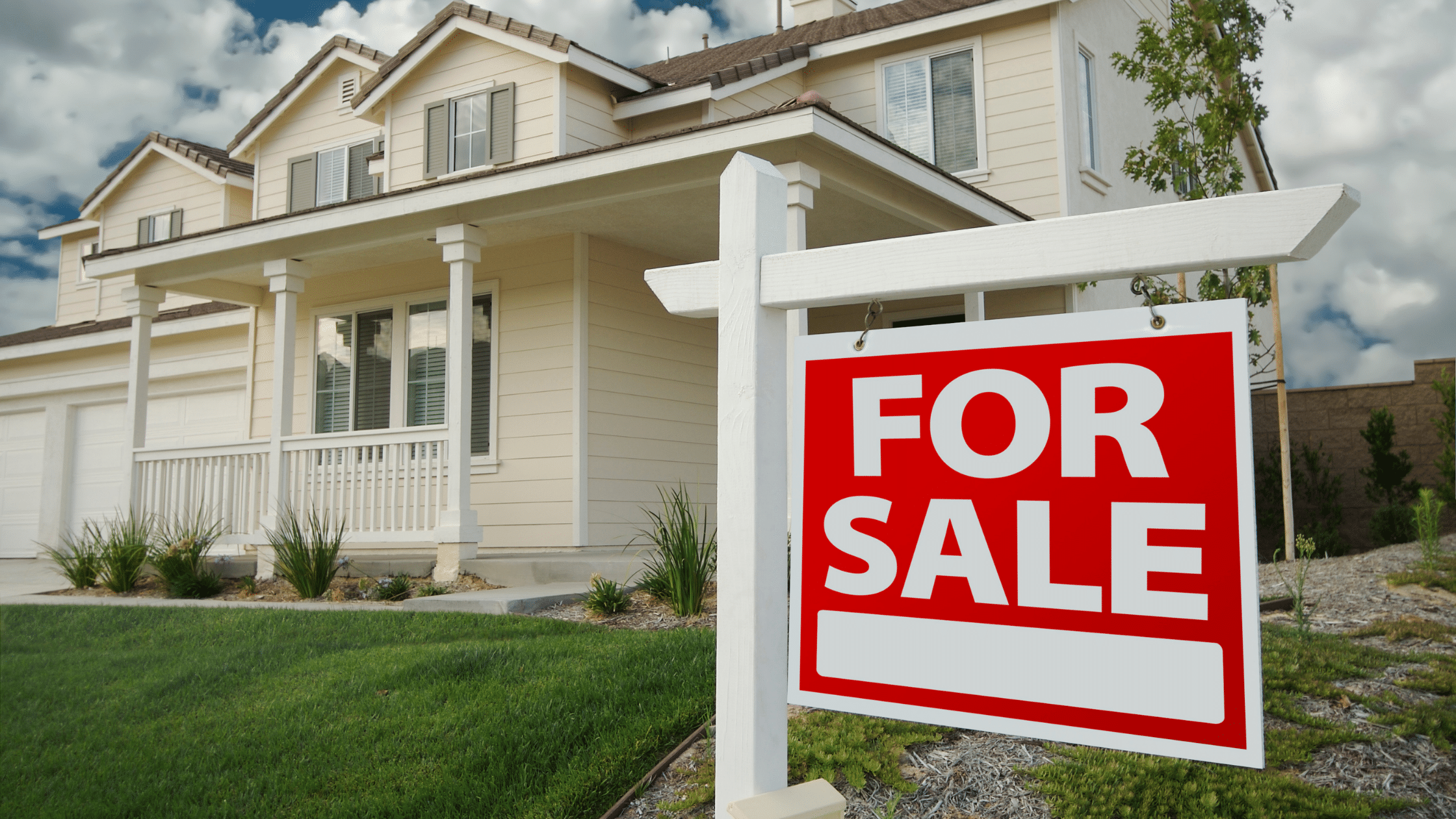‘Phelps’ Tackles ‘As Is’ Language In Residential Agreement Of Sale Under RESDL
The Superior Court of Pennsylvania in Phelps v. Caperoon, 2018 Pa. Super. LEXIS 674 (June 18, 2018) for the first time issued a written opinion as to...
4 min read
Alan Nochumson : Apr 11, 2018 9:00:00 AM

At the end of this past year, Councilman Curtis Jones Jr. introduced Bill No. 170954 in Philadelphia City Council to amend the Philadelphia Code to require residential landlords to not issue written notices to vacate, written notices of nonrenewal of lease agreements, or written notices to terminate lease agreements, unless there is “good cause” to do so, and there is timely, written notice to residential tenants.
If passed, the proposed bill would amend the current “unfair rental practices” section of the Philadelphia Code relating to “landlord and tenant” matters.
The proposed bill would apply in instances where: a residential landlord wishes to evict a residential tenant; or a residential lease agreement is coming to an end and the current residential tenant wishes to renew that residential lease agreement.
The purpose of the proposed bill is to prevent predatory residential landlord practices such as evicting residential tenants as punishment for reporting material deficiencies or using eviction as a tool to discriminate against classes of residential tenants.
The current proposed language lists many circumstances that meet the criteria of “good cause” for eviction or nonrenewal of an expiring lease agreement: habitual nonpayment of rent; habitual late payment of rent; violating a material term or condition of the residential lease agreement; a residential tenant engaging in nuisance activity which substantially interferes with other residential tenant’s or the residential landlord’s property use, comfort, or enjoyment in the building; a residential tenant engaging in nuisance activity which substantially affects the health or safety of the residential landlord or other residential tenants in the building; a residential tenant causing substantial deterioration of the property beyond normal wear and tear; a residential tenant, after written notice to cease, refusing the residential landlord access to the leased premises for lawful purposes; a tenant residential refusing to execute an extension of the lease agreement which is scheduled to expire for materially the same terms and conditions; and when the residential landlord, or an immediate relative of the residential landlord, is moving into the leased premises.
According to the proposed bill, “good cause” can also be found if the residential tenant refuses to agree to a proposed rent increase, or other proposed changes to a lease agreement—such as a no-pets policy, removal of parking or charging more for utilities. This will only be allowed if it can be established that the residential landlord provided the residential tenant with the opportunity to accept the changes on the new lease agreement, and the residential tenant is given the appropriate advance notice as already provided under subsection 11(a) of the current Philadelphia Code.
According to the proposed bill, good cause can also be found if the residential landlord will not rent the leased premises at the expiration of the current lease term, so that the residential landlord can conduct renovations to the leased premises. Good cause in this instance will only be found if: the residential tenant is returned any outstanding security deposit on or before the vacate date; and the residential tenant is given the option to renew the tenancy at the market rental rate when the leased premises is completed with the renovations and available to be rented again.
Regarding instances when the residential landlord requires to gain access for lawful purposes and is denied by the residential tenant, the residential landlord must first provide written notice to the residential tenant that the residential tenant ceases this behavior. If, after the written notice, the residential tenant continues to refuse entry to the leased premises, only then will the residential landlord have “good cause” to evict or not renew the lease agreement. Examples of “lawful purposes” that require access are included in the proposed bill, such as: to make repairs to the leased premises, to assess the need for repairs to the leased premises, to inspect for damage to the leased premises, to show the leased premises to insurance or mortgage companies, and to access the leased premises during an emergency. This list—similar to the ways to show good cause—is not exhaustive, and a landlord can, therefore, have other lawful reasons to need access to the leased premises.
The proposed bill was drafted utilizing similar versions already in place in San Diego, San Francisco and New Jersey. A major difference in the Philadelphia’s proposed bill proposal versus what is in place elsewhere is that the proposed bill leaves room open for additional ways to demonstrate good cause, whereas the other versions have a limited, fixed list of good cause reasons.
So now that we covered the possible amendment, what can residential landlords do to prepare themselves if this proposed bill is passed?
First, if there are issues with the condition of the leased premises during the lease term, the residential landlord should keep a record of what are the alleged issues with the leased premises and what they are doing to rectify it. The residential landlord should also keep printed copies of any work requests submitted, maintain a timeline of when written notice was given and action was undertaken, and take dated photographs of the area or system at issue.
The same holds true if there are issues related to the conduct of the residential tenant during the lease term. The residential landlord should properly document the inappropriate conduct and illustrate what reasonable steps were undertaken to address it.
Furthermore, the proposed bill, as currently written, may allow a residential landlord to increase rent after expiration of the lease term, provided it is done fairly. It is advisable that a residential landlord keep records of market rental rates during the time at which a higher rent is proposed. That way, the residential landlord can establish that the increase in rent was comparable to similar nearby rental properties, and not be accused of improperly increasing the rent.
—Francis Shannon Sweeney, a third-year student at the Temple University Beasley School of Law, who is interning this semester at Nochumson P.C., contributed to this article.
Reprinted with permission from the April 11, 2018 edition of The Legal Intelligencer © 2018 ALM Media Properties, LLC. All rights reserved. Further duplication without permission is prohibited. For information, contact 877-257-3382, reprints@alm.com or visit www.almreprints.com.

The Superior Court of Pennsylvania in Phelps v. Caperoon, 2018 Pa. Super. LEXIS 674 (June 18, 2018) for the first time issued a written opinion as to...

In Kapcsos v. Benshoff, 2018 Pa. Super. LEXIS 846 (Sept. 7, 2018), the Superior Court of Pennsylvania recently set forth a road map which must be...

Last month, I wrote about how the Superior Court in Phelps v. Caperoon, 2018 Pa. Super. LEXIS 674 (June 18, 2018) concluded that a seller of a...